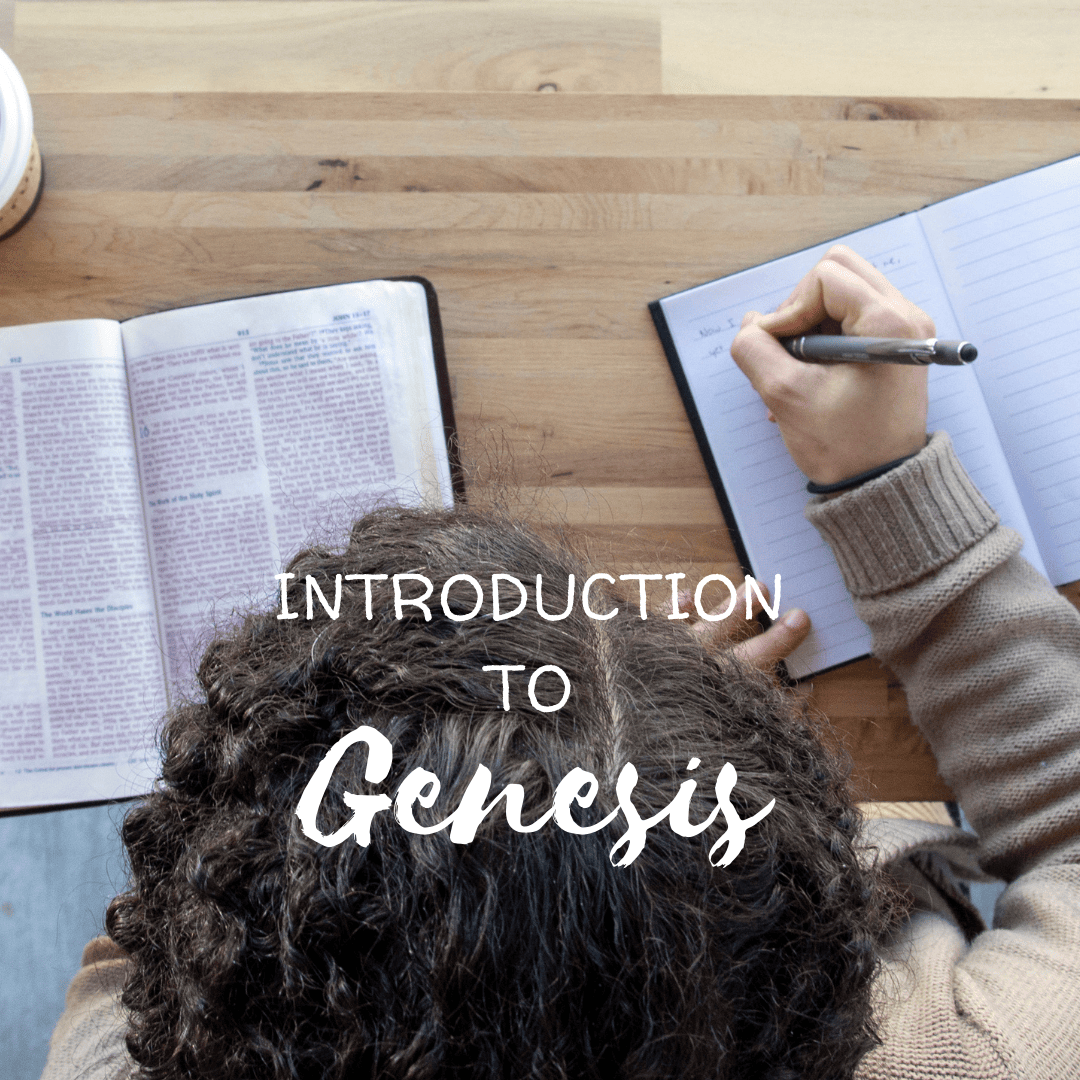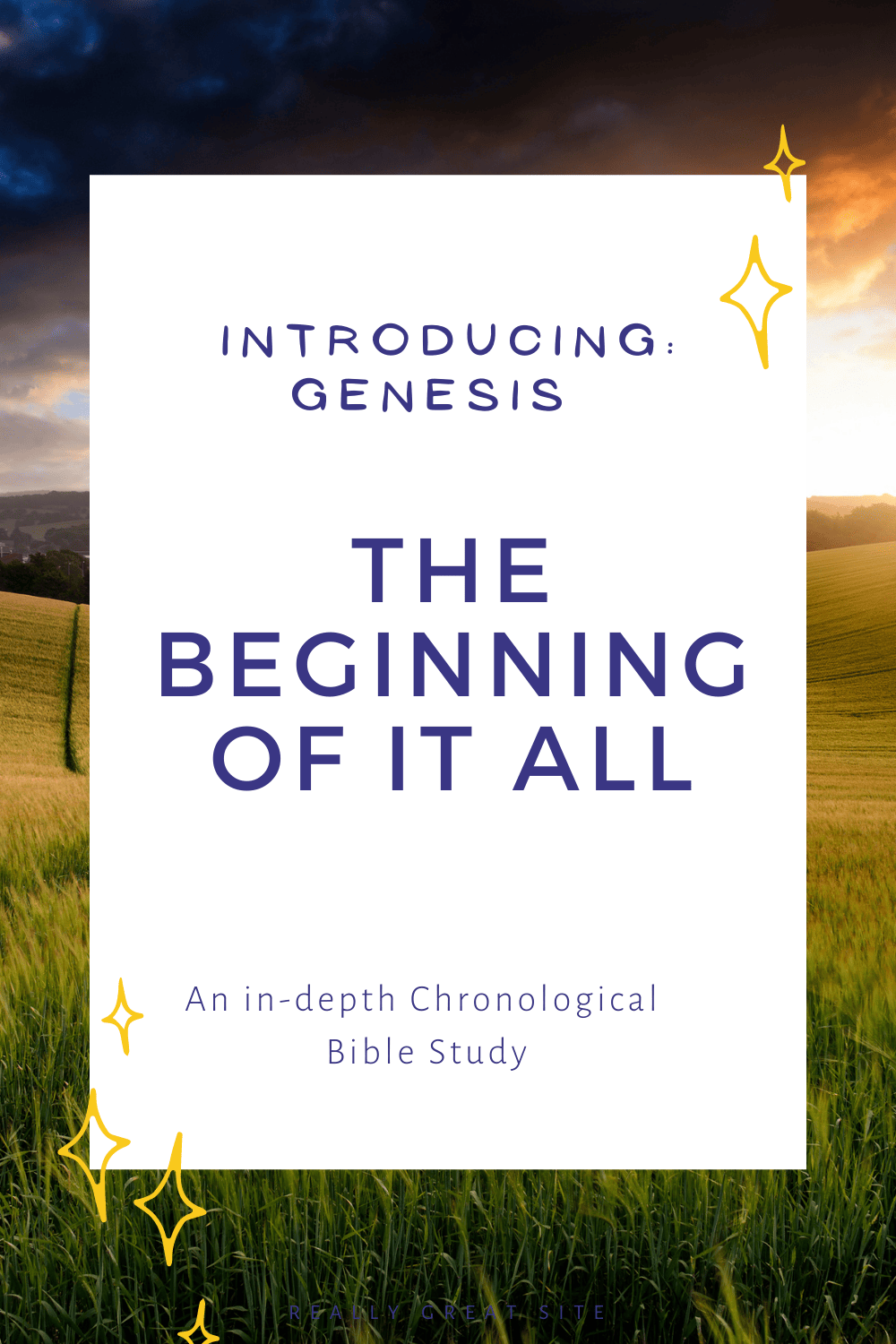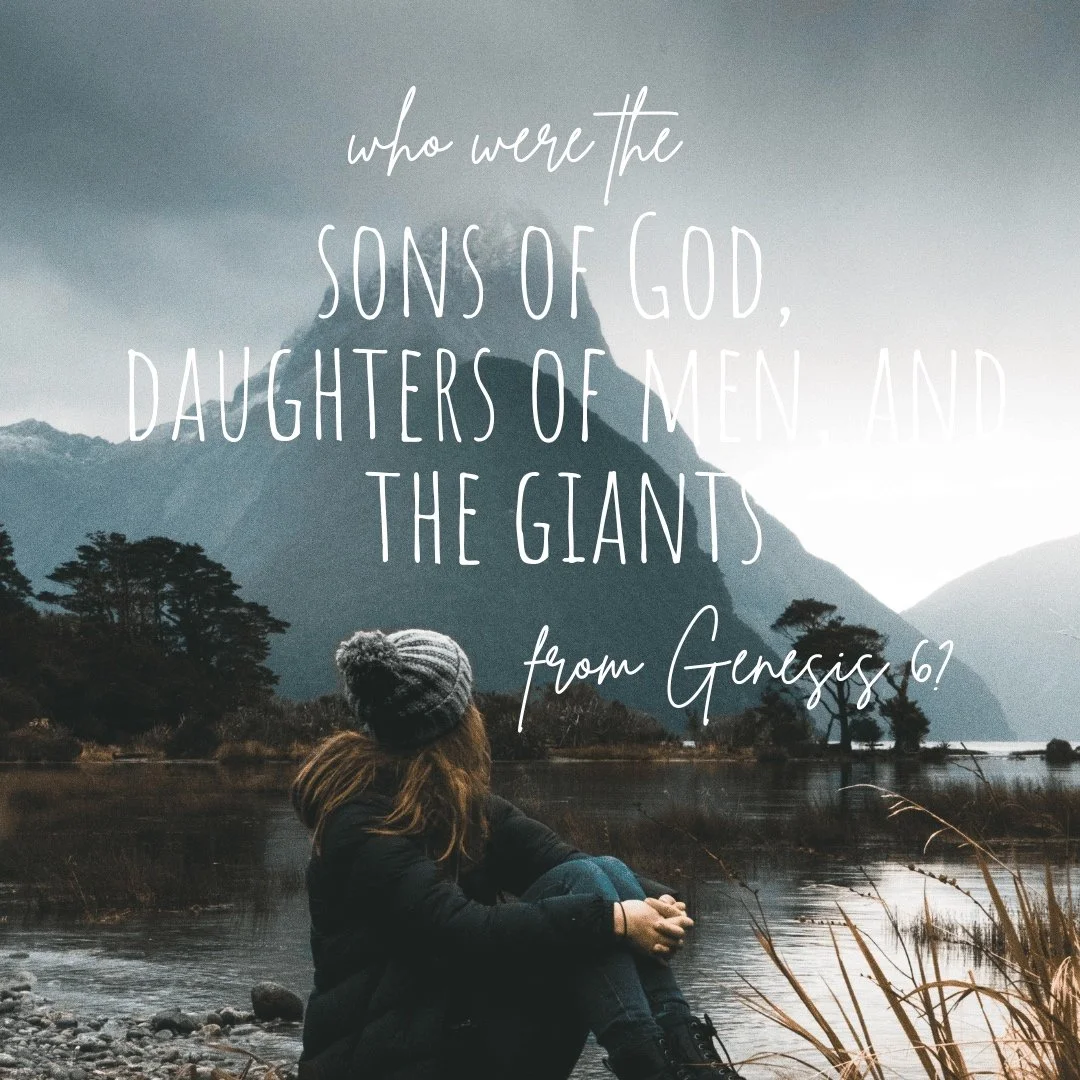An Introduction To Genesis
(Chronological Bible Study Series)
Today begins an exciting day on Cups to Crowns. We are seeking to discover the goodness of God through Scripture by reading and studying one chapter at a time in chronological order! In our last post, I shared how and why I began to dive into this project. If you have not read that post, you might want to click this link before continuing.
I plan to loosely use our Chronological Bible Reading Plan (found in our library at the top of the page) to read and study using a hybrid type of study combining inductive study, verse mapping, and notebook journaling. Because many of us learn by observing others, I will be sharing my study notes in the form of blog posts. I am only a few books in but the amount of information the Holy Spirit has already revealed (things I thought I knew but had confused) is awe-inspiring! Perhaps as you read my study notes much of the information will be familiar to you. But perhaps the Holy Spirit has much, much more He would like to teach you! Because God longs for us to know and understand Scripture.
Friend, as times get darker, we need to stop leaning so much on others for our knowledge, wisdom, and faith (which only comes through the Word of God). That is called second-hand faith. Second-hand faith feels good for the moment, but long term it hinders us and makes us foolish. We want to be wise by learning the words of God and putting them into practice. This builds our spiritual foundation on solid rock instead of unstable sand (Matthew 7).
As more and more people twist Scripture for their own gain, we need to know what God says, where He says it, what we believe, and why we believe it. That is my purpose for embarking on this long (but amazing!) journey. I pray you will be inspired to take up your cross and begin a similar journey of your own!
If you are like I was and totally clueless about reading the Bible chronologically, I have created a post addressing many of the questions I had. To discover more about chronological bible study, click here. Otherwise, let’s begin our study with an introduction to the book of Genesis.
INTRODUCTION...
The Bible is full of talk about seeds, and the mighty work God brings forth from seeds as small as mustard seeds. And that is just what Genesis is - the seed. The birth of everything. The beginning of it all.
Unfortunately, many today believe the Old Testament was done away with when Jesus Christ came to earth so the study of it is irrelevant. But the Old Testament is frequently referred back to in the New Testament. In fact, the first 11 chapters of Genesis set the foundation for the rest of the Bible!
Genesis begins with God; the Alpha and the Omega, the Beginning and the End, the First and the Last. The God who has always been and will always be.
The Bible shows God’s mercy in that He shares with us the history of the world from the beginning (found in Genesis) to the end (found in Revelation).
Starting with Genesis, God consistently shows us His character and desire for us. Through the pages of the Bible, God unfolds a plan that always centers around Christ Jesus but also involves us.
God’s plan of salvation (His ultimate promise!!) is revealed first in Genesis 3:15. However, God doesn’t stop revealing Himself to us with that one verse, but He does so throughout the entire Bible.
GENESIS DETAILS…
AUTHOR:
It is believed to be Moses, but there are ongoing debates about this.
FOUR MAJOR EVENTS:
Chapters 1-2 → Creation
Chapters 3-5 → The Fall
Chapters 6-9 → The Flood
Chapters 10-11 → The Table of Nations
FOUR KEY PEOPLE YOU WILL MEET:
Chapters 12-25 → Abraham
Chapters 26-27 → Isaac
Chapters 28-36 → Jacob
Chapters 37-50 → Joseph
THEME:
"I will establish my covenant as an everlasting covenant between me and you and your descendants after you for the generations to come, to be your God and the God of your descendants after you." (Genesis 17:7)
WHO WAS IT WRITTEN TO:
The people of Israel
WHEN WAS IT WRITTEN:
1450-1410 B.C.
NOTES:
As a side note, you may notice in a few areas of Genesis (chapters 1 and 2) that it reads a bit differently than the other areas of the Bible, even the rest of Genesis. In these chapters, an overview statement is made before launching into details. It is almost like reading an outline. Let me show you what I mean:
God’s general statement of creation (1:1)
An overview is given (1:2-2:2)
Additional details are provided (2:4-14)
As you read, it is easy to gloss over the repeats (and get a bit confused). As Mr. Guzik of The Enduring Word says in his commentary, this type of breakdown is first God’s statement, then from Adams’ perspective. I don't know if that is accurate, but it puts me in mind of the Gospels. They aren’t identical but don’t contradict each other. They simply offer a different perspective of the life and ministry of Jesus. Perhaps this is the same but on a smaller scale?
Friend, we need to slow down and teach ourselves to read with discernment. We tend to speed read through the Bible, but especially with the account of creation. We've heard it since we were tiny. But stop and think about how much thought and intention went into creating the earth just for us! We are the perfect distance from the sun so that we will not implode or burn up. Our oxygen level, magnetic field, etc. are exactly right to sustain human life. Only an all-powerful, all-knowing, all-loving God could create such a perfect place. Neither a random bang nor human minds (or hands!) are capable.
INTERESTING TIDBITS FROM GENESIS…
In Hebrew, Genesis means "beginnings".
There are 50 chapters that cover multiple generations. Over 2,000 years of biblical history are shared in Genesis alone.
There were approximately 2,000 years between Abraham and Jesus (Matthew 1).
Moses is thought to be the author of Genesis. However, it is a record of history recorded 300 years before Moses was born. So the only way Moses could have known this information is from divine revelation (directly from God).
Genesis is the first book of the Torah and the Bible.
It is said that Genesis contains 7 Messianic predictions.
Genesis is a book of generations; a record of the family tree of the Jewish people.















